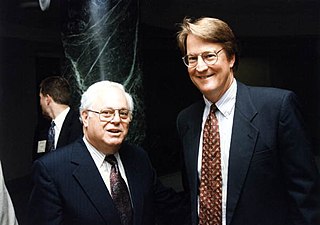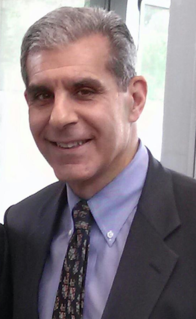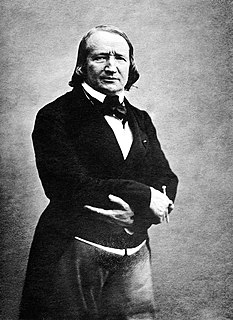A Quote by George Orwell
Most people approve of capital punishment, but most people wouldn't do the hangman's job.
Quote Topics
Related Quotes
We have a legal system, and this is not something that happens all the time. We have capital punishment. America has capital punishment. Iran has capital punishment. Iran hangs people and leaves their bodies hanging on cranes. Iran put to death more than a thousand people last year. I don't see EU reporting on it.
I have been reluctant to lobby on other issues I most care about - nuclear weapons (against), religion (atheist), capital punishment (anti), AIDS (fund-raiser) because I don't want to be forever spouting, diluting the impact of addressing my most urgent concern - legal and social equality for gay people worldwide.
It's a tract against capital punishment in the genre of Swift's Modest Proposal. I was simply following a formula to its logical conclusion. Some people appear to have understood it. The publication of Naked Lunch in England practically coincided with their abolition of capital punishment. The book obviously had a certain effect.
Those subject to capital punishment are real human beings, with their own backgrounds and narratives. By contrast, those whose lives are or might be saved by virtue of capital punishment are mere 'statistical people.' They are both nameless and faceless, and their deaths are far less likely to be considered in moral deliberations.
When in Gregg v. Georgia the Supreme Court gave its seal of approval to capital punishment, this endorsement was premised on the promise that capital punishment would be administered with fairness and justice. Instead, the promise has become a cruel and empty mockery. If not remedied, the scandalous state of our present system of capital punishment will cast a pall of shame over our society for years to come. We cannot let it continue.
People don't stop me on the street and throw things at me. But I'm aware of what that dynamic is, so whenever people react strongly to a character and say that they hate me, I take it as a job well done. And for most people, there's a sense of removal. Most people are not saying, "Oh, my god, I hate you!" Most people that have reactions say, "I love to hate your character."







































